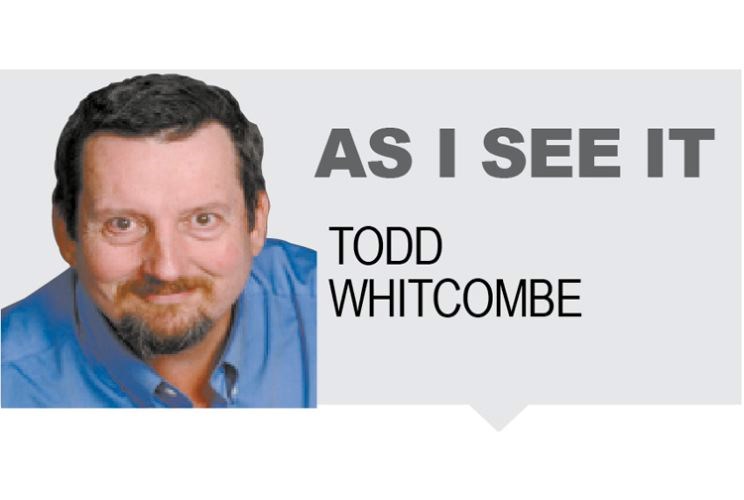The Alberta provincial election has come and gone with the province returning to its traditional ruling party, the Conservatives.
It might now be called the United Conservative Party instead of the Progressive Conservatives or just the Conservatives. And yes, it might be a blend of all of the right of centre parties. But it is essentially the same old bunch in charge again.
Premier-elect Jason Kenney has already fired off a number of shots indicating a return to Ralph Klein "my way or the highway" politics.
My favorite is the war room Kenney is proposing to investigate the lies and myths about Alberta's energy industry propagated by environmental groups. Those darn groups are funded by international cartels according to Kenney and "both the industry and governments of different partisan stripes have not been fast enough to respond to the incoming attacks" Kenney told reporters.
It is us-versus-them mentality. You're either with us or get out of Alberta. And don't come back.
Of course, the problems with the oil and gas sector have little to do with the environmental groups per se. Environmentalists are simply pointing out the problems. For example, there are over 170 square kilometres of tailing ponds in Fort McMurray. That is an area almost the size of Prince George. There really is no way to paint the size of these ponds as a good thing.
Particularly as they will be around for decades to come.
Or consider the carbon dioxide emissions coming from oil and gas. Essentially the chemical reaction for the combustion of fossil fuels is the same regardless of the source. Hydrocarbon plus oxygen equals carbon dioxide, water and energy. There is no such thing as a "clean" fossil fuel - just cleaner-burning fossil fuels.
Or the process itself of turning tar sands into bitumen. This requires massive amount of hot water to be poured into deposits warming the bitumen to a point where it becomes fluid enough to be extracted. The resulting water can be separated from the oil and potentially re-used but a fraction is inseparable from pollutants and ends up in the tailing ponds. The amount of energy expended keeping the water hot produces a lot of carbon dioxide and other greenhouse gases.
Or the technique of fracking which has opened up otherwise inaccessible or unproductive gas deposits. Essentially the process involves drilling into a deposit and then cracking open the surrounding rock using high pressure water with a few ingredients. The resulting damage to the substrata has led to a variety of issues, including methane in groundwater aquifers. Tap water shouldn't be flammable.
The list goes on and on.
Alberta's economy thrives when the oil and gas industry is strong.
After all, without oil money, Alberta would just be Saskatchewan with attitude. But the next generation is more concerned about having a fit place to live than simply pulling oil out of the ground.
Environmental groups are not anti-business. They are opposed to business carried out with little regard to the environment. And from their perspective, the oil and gas industry doesn't seem to care about the environment as much as it cares about profits.
Kenney is concerned environmental groups are using foreign funding to wage public relations campaigns and to provide the finances to support the legal fight against pipeline. To his way of thinking, the government must respond quickly to such attacks.
Speaking about a National Geographic article on Alberta oil sands, Kenney claims the article is riddle with factual errors. He stated "I want a unit in the government that will be on that the moment it is published, demanding a correction of the record and throwing a spotlight on what I think was, in that instance, irresponsible journalism."
Fair enough. The media should be putting out factually correct information. And if something is factually inaccurate, there should be a retraction. Or, at the very least, an opportunity for a response. But the government isn't supposed to take sides on such issues.
The oil and gas industry spends a great deal of time telling us just how well they are doing. The industry as a whole is bringing in large profits every year. And yes, some of that money goes back into pension plans and other forms of investment in which we all participate. But they have enough money and lawyers to defend themselves.
If the government is going to spend money looking into foreign investment in environmental groups while defending the industry against their attacks, then it should also be spending money looking into foreign investment in the oil patch and defending the province against their bad practices.
As premier, Kenney is supposed to represent all Albertans, not just the ones he agrees with.



